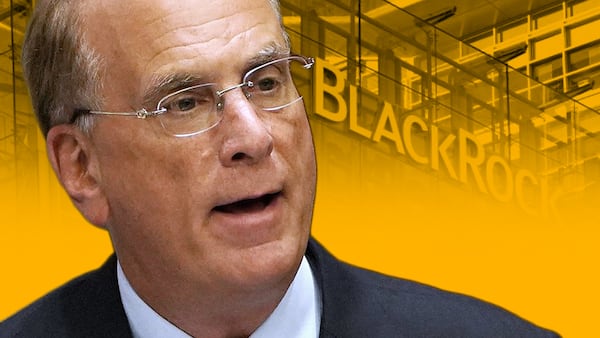- S&P Global gives Ethena's USDe token a high risk weighting in Sky credit rating.
- It's due to stringent international banking regulations.
- The number of USDe in circulation is at an all-time high.
How risky is Ethena’s USDe?
Very, according to S&P Global Ratings.
The agency discussed why it assigned the dollar-pegged token a risk weighting of 1,250% in a Thursday webinar covering the methodology behind its “B-” credit rating for DeFi protocol Sky.
The high risk weighting was due to the “complex mechanism” used to maintain USDe’s value, Prateek Nanda, a credit analyst at S&P Global Ratings, said on the call.
The mechanism means USDe is classed as a high-risk crypto asset under international banking standards, meaning it is subject to a harsh risk weighting.
USDe is a dollar-pegged token similar to a stablecoin, created by depositing Bitcoin, Ethereum, Solana, or stablecoins on the Ethena protocol.
Ethena hedges these deposits with bearish bets on centralised crypto exchanges, which it says creates a stable backing for USDe that is unaffected by price swings.
At the time of S&P Global’s analysis, USDe accounted for 11% of Sky’s assets. In comparison, Sky’s crypto-backed loans, which account for 52% of the protocol’s assets, received a 75% risk weighting.
The weightings are part of S&P Global’s analysis of Sky’s risk-adjusted capital ratio, a measure of a financial institution’s ability to weather an economic downturn.
It is calculated by dividing a financial institution’s total capital by its risk-weighted assets.
Ethena did not immediately respond to a request for comment.
USDe concerns
On August 7, Sky became the first DeFi protocol to receive a credit rating from S&P Global.
Some in the DeFi industry applauded the development, saying that it proves decentralised protocols can meet the standards of major ratings agencies.
Others argued that the B- grade, which puts Sky on par with government debt from countries like the DR Congo and Uganda, was too low.
It’s not the first time analysts have raised concerns about USDe in recent weeks.
On August 2, Chaos Labs, a risk advisory firm, highlighted how Ethena rehypothecating portions of the assets that back USDe could lead to a liquidity crunch on Aave.
Yet at the same time, the amount of USDe in circulation is soaring as DeFi users take advantage of the high yields the protocol offers through staking USDe.
The dollar-pegged token’s supply has doubled over the past month to an all-time high of almost $11 billion.
Basel III
Nanda said S&P Global referred to the crypto provisions in the Basel III regulatory framework set to come into effect in 2026 when assigning the risk weightings for USDe and the other assets Sky holds.
This framework is designed to ensure that banks holding or dealing with crypto assets maintain adequate capital and liquidity to mitigate risks. While Sky isn’t a bank in the traditional sense, its business of lending assets is similar to that of a bank.
The agency classed USDe as a high-risk crypto asset that cannot be effectively hedged due to high volatility or illiquidity.
According to the Basel III framework, such assets are subject to a 1,250% risk weight, requiring banks to hold capital up to 12.5 times the exposure value, effectively discouraging significant holdings.
To be sure, Ethena’s USDe hasn’t faced a liquidity crisis or meaningfully deviated from its targeted dollar value since its 2023 launch.
Ethena Labs founder Guy Young previously told DL News his firm and its partners have taken ample precautions to ensure USDe stability.
Tim Craig is DL News’ Edinburgh-based DeFi Correspondent. Reach out with tips at tim@dlnews.com.








